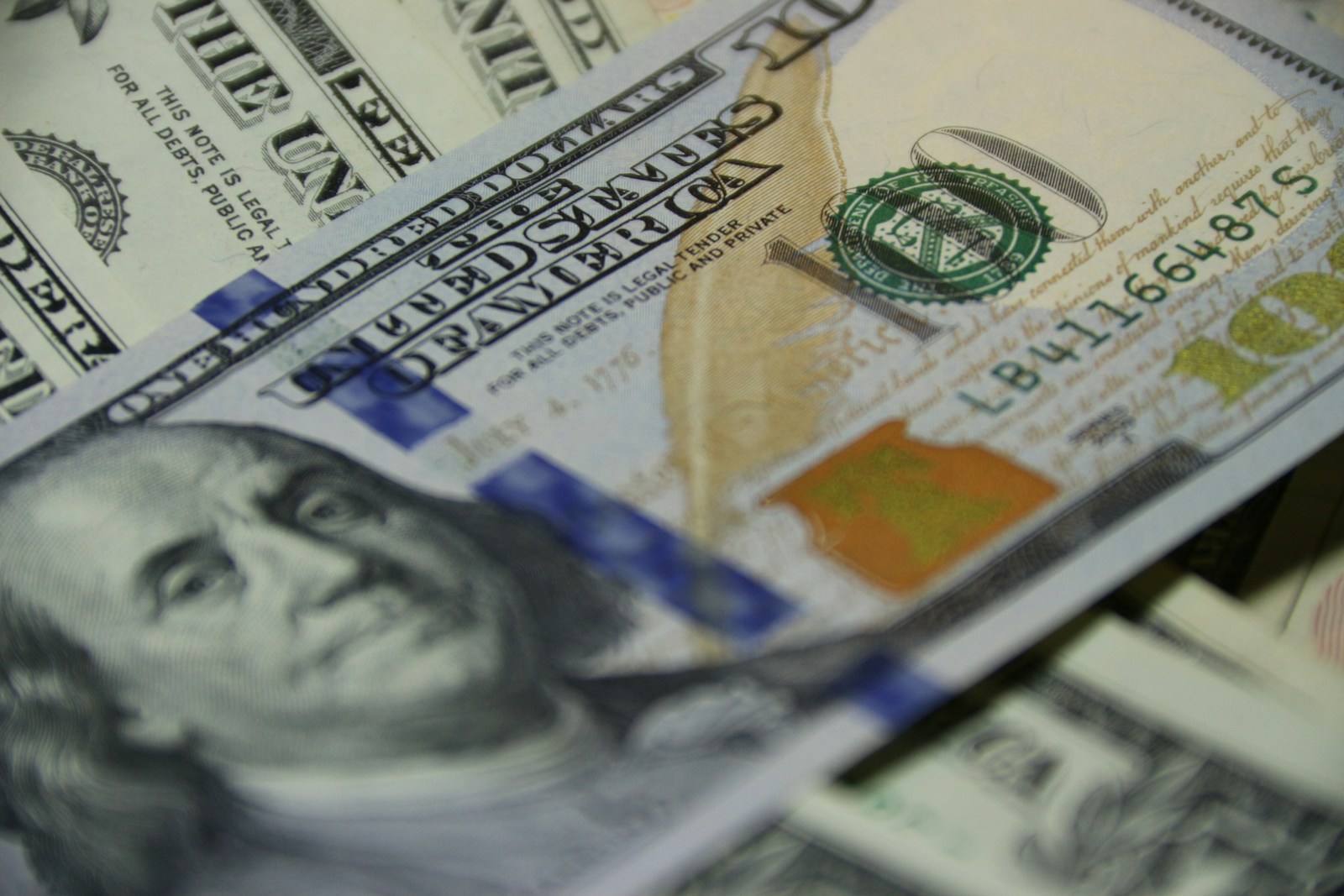Key Takeaways
• A 2019 email from Jeffrey Epstein shows he knew Trump assets were inflated.
• Epstein called Trump a frontman for money laundering, noting he only rented his name.
• Courts later ruled Trump must pay $454 million for asset inflation.
• Epstein emailed himself to preserve proof if authorities seized his data.
• Trump’s legal battles continued, including claims against New York’s attorney general.
Why Epstein Document Matters for Trump Assets
A newly found email written by Jeffrey Epstein in January 2019 shines light on Trump assets. In it, Epstein describes how Donald Trump misrepresented the value of his holdings. Although Epstein died months later, the note shows he suspected Trump of financial tricks. This revelation adds new context to the lawsuit that forced Trump to pay a $454 million judgment for fraud.
Inside the 2019 Email
Epstein wrote the email to himself on January 15, 2019. He said that Trump “doesn’t really own very much.” Instead, Epstein said Trump “rents out his name” for a royalty or profit share. He then “claims the asset is his” and lists its value without deducting any loans. By reporting only gross receipts from his clubs, Epstein argued Trump assets showed meaningless numbers. He concluded Trump reported “ZERO” real income as we understand it.
The Fallout in Court
More than three years later, this pattern of inflated values led to a major civil case. New York’s Attorney General sued Trump for overvaluing assets to get better loan deals. A judge agreed that Trump had misled banks by overstating his net worth. In 2024, the court ordered Trump to pay $454 million in penalties. Although an appeals court later overturned the fine, the case exposed the tactics used to boost Trump assets on paper.
Why Epstein Wrote to Himself
It may seem odd to email yourself. Yet investigative reporter Barry Levine suggested Epstein feared law enforcement might seize his computers. By sending these notes, he created a backup record of his claims about Trump. If officials ever arrested him or searched his devices, the emails would remain in his account online. Therefore, Epstein likely used self-emails as a safety net and possible bargaining chip.
Aftermath and Retaliation
After losing the civil case, Trump responded by targeting Attorney General Letitia James. He accused her of inflating her own assets on a loan application. Critics say Trump’s criminal probe against James is political payback. Meanwhile, the unearthed email continues to fuel debates about Trump assets and integrity. It also reveals how Epstein may have tried to influence or document high-profile figures.
Broader Implications for Money Laundering
Moreover, Epstein called Trump a “frontman for money laundering.” He believed Trump merely lent his name to projects. Such schemes often involve disguising the true source of funds. By hiding real ownership, money launderers dodge taxes and legal scrutiny. Epstein’s note suggests Trump assets served as a cover to inflate values. Although courts focus on civil fraud, the email hints at deeper financial misconduct.
How This Affects Public Trust
When public figures inflate their assets, they undermine trust in business reporting. Banks rely on accurate statements to set loan terms. Investors and partners depend on real net worth to gauge risk. Inflated asset claims can mislead everyone involved. Epstein’s email brought these issues into sharp focus. It reminds readers that even famous names can hide financial tricks.
Lessons from the Epstein Email
First, always verify asset values with independent appraisals. Second, gross receipts are not the same as net income. Third, loans against assets must be declared to show real worth. Finally, keep clear records in case of auditing or legal action. Epstein’s self-email offers a vivid example of why transparency matters.
Key Points to Remember
Trump assets often appeared exaggerated, according to Epstein’s note.
His email exposed that Trump listed values without minus loans.
A 2024 court ruling penalized Trump for inflating asset numbers.
Epstein preserved his claims by emailing himself in 2019.
Trump’s counterattack targeted a Top Prosecutor in New York.
Frequently Asked Questions
What did Epstein say about Trump assets in the 2019 email?
Epstein wrote that Trump didn’t truly own properties. He said Trump only rented his name for royalties. Epstein added Trump claimed gross club receipts as personal income and hid loans against assets.
Why did Epstein send the message to himself?
Investigators think Epstein feared law enforcement seizures. By emailing his notes, he kept a secure copy if authorities searched his devices. This tactic could give him leverage if arrested.
How did this email relate to Trump’s fraud case?
Epstein’s email showed how Trump inflated asset values. In 2024, a New York court found Trump misled lenders by overstating his net worth and fined him $454 million. That ruling stemmed from similar patterns noted by Epstein.
What happened after the email surfaced?
After the legal judgment, Trump accused New York’s Attorney General of fraud. Critics call that move retaliatory. The unearthed email continues to spark debate about honesty in business reporting.
